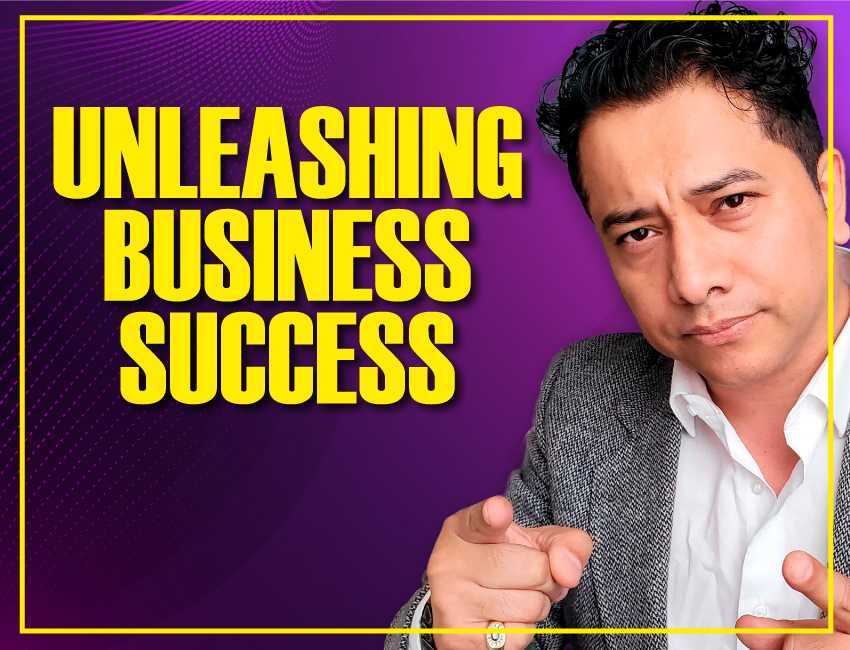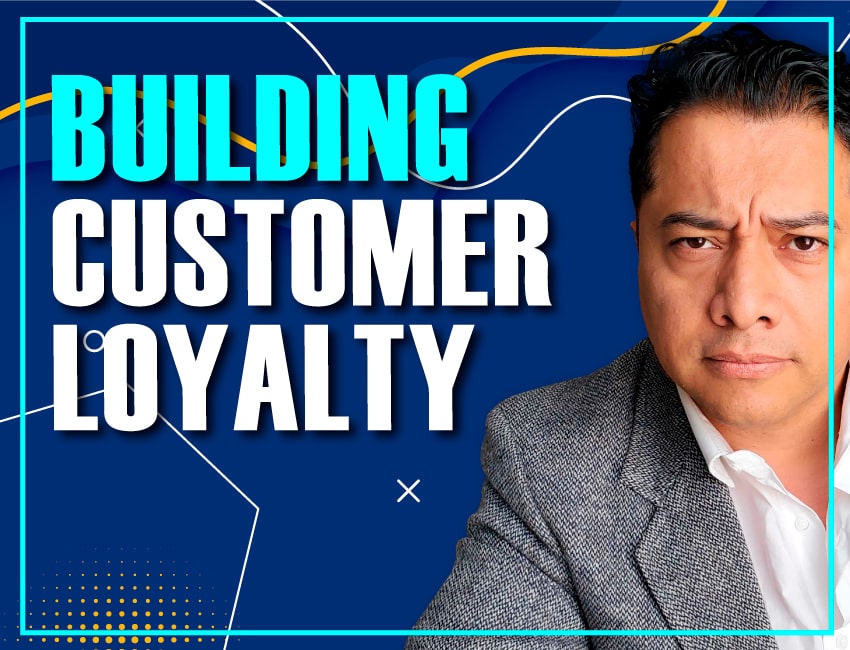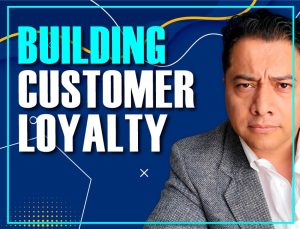Tips for Moving from Business Operator to Business Owner

Do you feel like your business would come to a screeching halt without you there to manage it? Are you constantly on your phone or laptop, putting out fires and answering emails? If so, you may be a business operator rather than a true business owner. A business owner focuses on making decisions for the company and profiting from it, while a business operator is more hands-on and involved in day-to-day operations.
The ultimate goal of a business should be to create something that can run without you being there. This is where true freedom lies, and it’s achievable with the right mindset and strategies.
Signs You’re a True Business Owner
A business owner has ultimate control over the company’s operations and finances. They earn a monthly salary and are not an employee, meaning they have the right to take a net profit at the end of the year or reinvest the money back into the company.
To determine if you’re a business owner or operator, ask yourself if you’re able to be strategic or if you’re stuck doing the same things over and over again because you’re too busy to innovate. Can you step back and see the bigger picture, or are you caught in the weeds because your team can’t run the business effectively without you?
Ultimately, the key difference between an owner and an operator is the ability to delegate and empower others to take on tasks that are not crucial to the business’s success.
The Difference Between Entrepreneurs and Business Owners
Entrepreneurs take an idea or technology and develop it into a business, often at great financial risk. While all business owners start as entrepreneurs, not all entrepreneurs become business owners.
An entrepreneur who sells their vision without taking on the work or an investor who funds a company may not be considered a business owner. Similarly, some entrepreneurs specialize in starting and quickly selling companies, rather than building a long-term business.
Transitioning Into a Business Owner
Do you find yourself bogged down by the day-to-day operations of your company? Maybe it’s time to shift your focus and become a business owner instead of an operator. Adopting a new identity as an ultimate strategist can help your business grow to new heights.
If you’re still wondering “What does it mean to be a business owner?” it’s time to start honing your skills. Here are some essential steps to take to transition into a successful business owner.
Be Prepared to Wear Multiple Hats
When you start your business, you will need to be prepared to do it all, from answering phones to making big deals. You will also need to acquire new skills like accounting and financial management to take your business to the next level.
Don’t hesitate to ask for help or outsource tasks to focus on what really matters. Your mental and emotional health are crucial for the success of your business, so it’s important to understand your weaknesses and delegate tasks accordingly.
Making Personal Sacrifices
Growing a successful business requires some short-term sacrifices, such as long hours, missed vacations, and putting extracurricular activities on hold. However, the rewards of building a thriving company make it all worth it in the end.
Rather than seeking work-life balance, aim for work-life integration by pursuing your passion. Once your business is up and running, you’ll have the freedom to enjoy the fruits of your labor.
Investing in Yourself
As a new business owner, you may have to invest any profits back into the business rather than paying yourself. In fact, many small business owners take no salary at all in the early years.
However, these sacrifices are often temporary, and the rewards of building a successful business far outweigh the initial financial setbacks. By investing in yourself and your business, you can achieve both personal and financial freedom in the long run.
Cultivate Strategic Thinking
To become a successful business owner, it is crucial to think strategically. As an entrepreneur, you should focus on the long-term success of your business by creating a vision for its future growth. A business owner’s primary role is to guide the direction of the company, build its culture, and develop innovative strategies to increase customer satisfaction and loyalty.
Don’t get bogged down in the day-to-day details. Let your team handle that while you focus on the bigger picture. By doing so, you can create a positive organizational culture and inspire your employees to follow your vision.
Hire a High-Perfirming Team
To maximize your business potential, build a high-performing team by hiring individuals who share your vision and bring diverse strengths and talents to the table. While it’s essential to have strong leadership skills yourself, it’s equally important to bring on team members who can step into leadership roles and handle daily business operations.
Your business can only thrive when you trust your team to run it effectively. If you feel like you’re running the show on your own, then you’re not a business owner, you’re just self-employed. You must cultivate a team that can handle the day-to-day operations, allowing you to focus on building a successful business.
Starting a business may seem overwhelming, but remember your ultimate goal: to achieve financial freedom and pursue your passions. By adopting the mindset of a business owner, you can take your company to the next level and create a business that can effectively run without you.
Embrace the qualities of an entrepreneur and channel your vision for your company. Think about why you launched your business in the first place and set goals that align with your long-term aspirations. Remember that being a business owner means you have more time and freedom to pursue your interests and spend time with loved ones.
Are you ready to become a business owner? Surround yourself with like-minded individuals who are working towards building their businesses. Attend Business Mastery to gain the skills and knowledge needed to take your company to the next level.



















